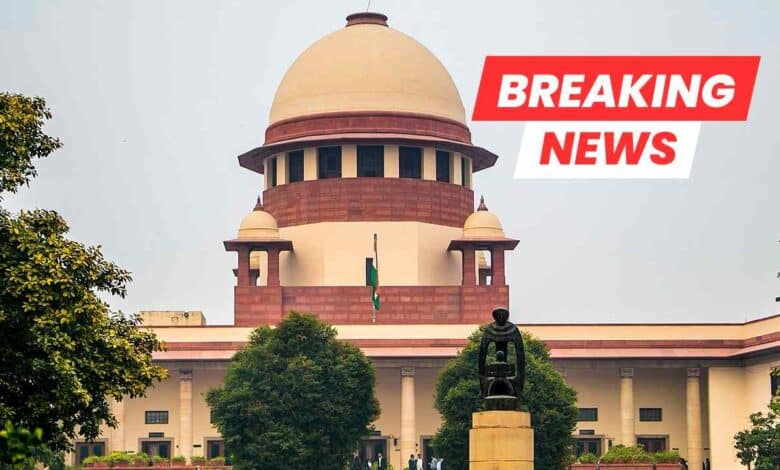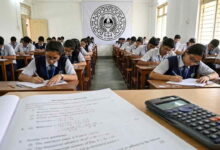A New Turn in the Teachers’ TET Case: Modification Application and Multiple Review Petitions in the Supreme Court

TET Case: The anxiety that had gripped the teaching community across the state following the Supreme Court’s September 1, 2025 verdict on the Teacher Eligibility Test (TET) has now taken a new turn. A Modification Application (MA) has recently been filed in the Supreme Court concerning this case, which could be extremely important for the future of teachers. Simultaneously, several parties, including the Telangana state government and the Kerala School Teachers’ Union, have filed additional review petitions.
Key Highlights:
- Modification Application (MA): On October 14, 2025, a Modification Application was filed in the case of Bimal Kumar vs. Union of India. This application challenges the Supreme Court’s judgment of September 1st.
- Increase in Review Petitions: Two more review petitions have been added to the previously filed 10 review petitions and one writ petition.
- On October 12, the State Government of Telangana directly filed a review petition.
- On October 13, the Kerala School Teachers’ Union submitted another review petition.
Potential Reasons for the Modification Application:
According to experts, this Modification Application may seek to bring two main issues to the Supreme Court’s attention:
- Plea for Exemption for Teachers: The September 1st verdict stated that all teachers with more than five years of service who have not passed the TET for teaching classes 1 to 8 must pass the test. A possible objective of the modification application is to seek an exemption from this TET requirement for those who were appointed or for whom recruitment notifications were issued before the date of the NCTE’s 2010-11 notification. This could bring significant relief to teachers who have been in service for a long time but have not cleared the TET.
- Proposal for Deadline Extension: The Supreme Court had set a two-year deadline, effective from September 1, 2025, to pass the TET. The modification application might request an extension of this period to five years. The rationale could be the infrastructural limitations in many states, where it might not be feasible to get lakhs of non-TET qualified teachers to pass the exam within two years. There is a precedent for extending deadlines, as seen in the case of SSC 2016.
Current Situation:
Currently, a total of 12 review petitions, 1 writ petition, and 1 modification application are active against the Supreme Court’s September 1st judgment. The hearings and final decisions on these cases will determine the future of millions of teachers. This could have a profound impact on the education system in West Bengal and other states.
The teaching community is now looking forward to the Supreme Court’s next steps. Only time will tell what changes these modification applications and review petitions will bring to the rules of teacher recruitment.

